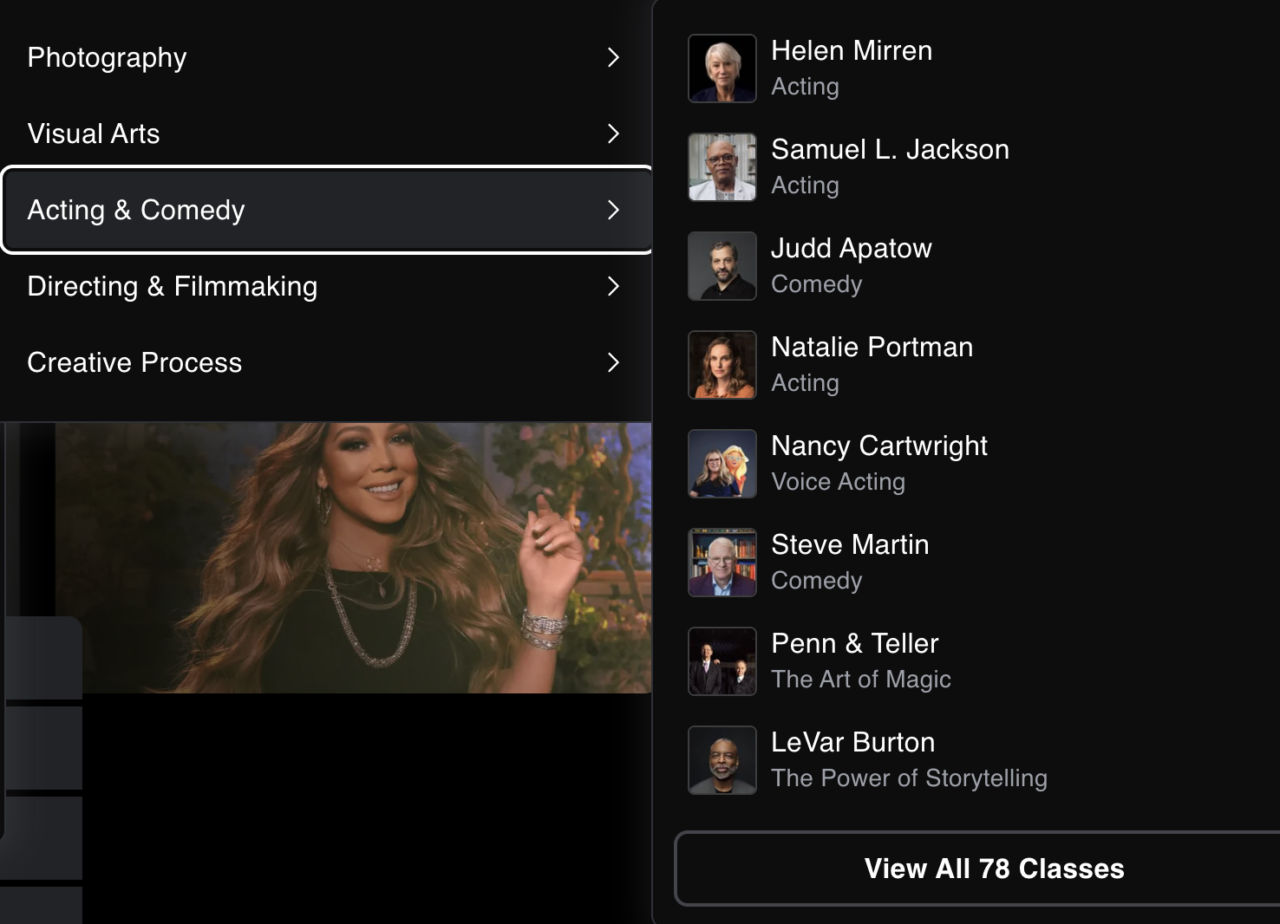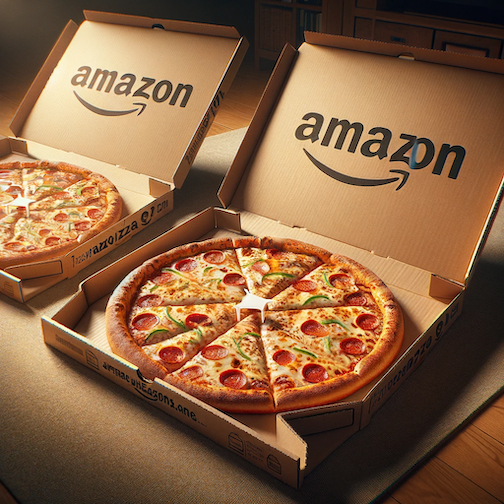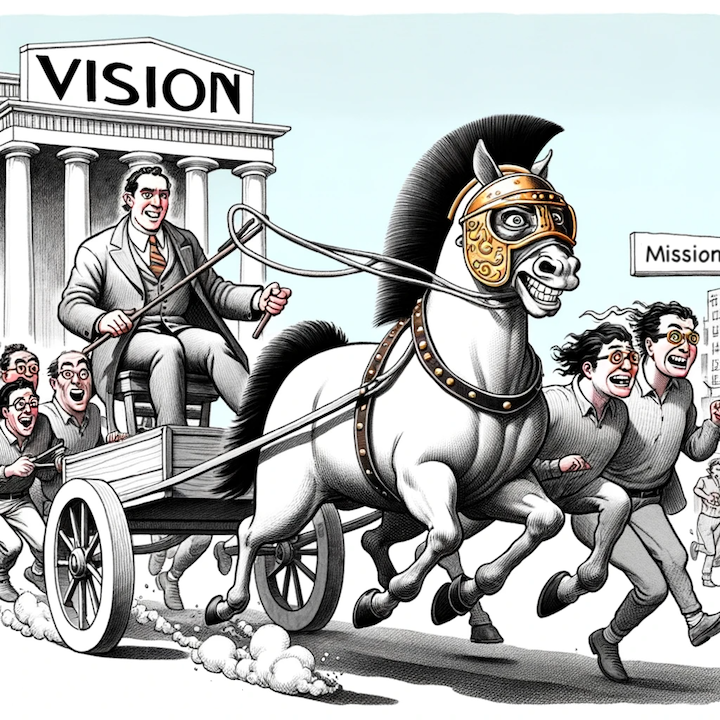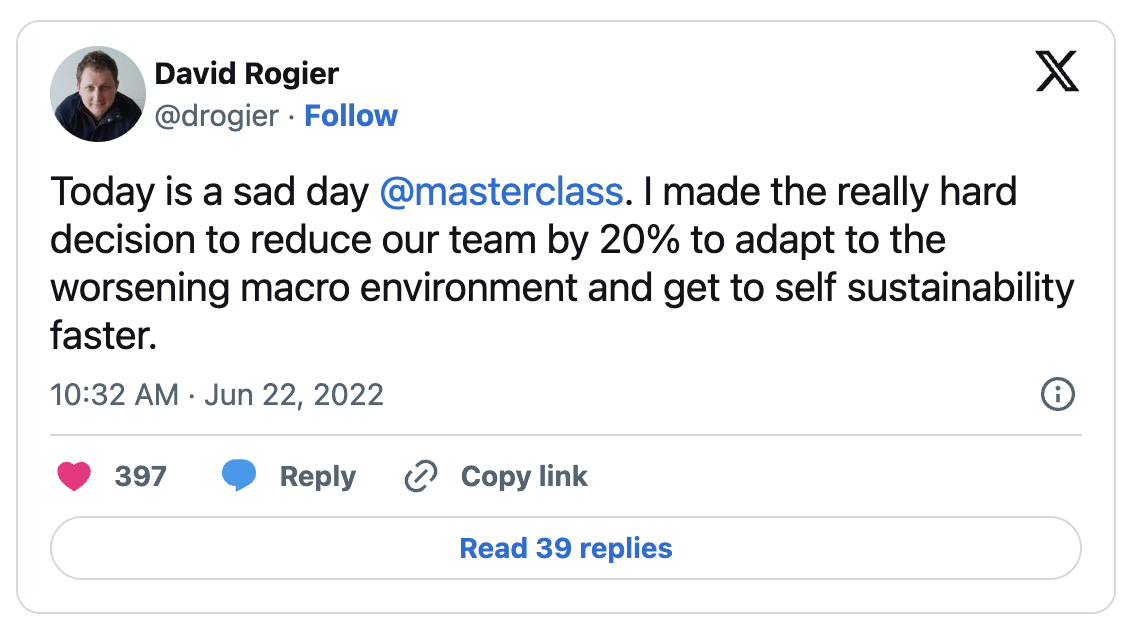Companies globally are always searching for ways to optimize their operational expenses. Many equate spending more with increased quality, but is that always the case? Or could we all stand to learn a few frugal tips in business?
MasterClass, the “celebrity e-learning platform,” has made changes to survive in an increasingly strained economy. Here, we’ll take a look at some of the tips in frugality they’re employing to stay relevant and alive.
You may learn something practical for your own brand!
Masterclass: A Brief Overview
MasterClass is an online class platform that boasts the best instructors in the world. And with teachers such as Helen Mirren, Samuel L. Jackson and Steve Martin (and that’s just in “Acting & Comedy” alone), they have every right to:

Having raised an estimated $475 million in total funding, MasterClass is not just any e-learning platform.
What sets it apart is the caliber of instructors they’ve got on board. Imagine diving into the intricacies of filmmaking with someone like Martin Scorsese guiding you, or leveling up your culinary game under the watchful eye of Gordon Ramsay.
The courses are comprehensive yet easy to digest, and self-guided, making them perfect for both novices and those looking to refine their skills. It essentially bridges the gap between casual online tutorials and professional workshops.
Big Spending Equals Big Results?
MasterClass, despite its initial success, has had its share of financial hiccups. They used to spend nearly a million dollars on average to film and edit their courses. As an example, they once recreated the office of Walt Disney CEO, Bob Iger, as a set for a whopping hundred thousand dollars. The entire shoot rounded off to about $850,000.
And this doesn’t even include the instructor fees. Their instructors, who are usually celebrities or experts in their fields, are paid anywhere from a hundred thousand dollars to millions.
The question is: Did this lavish spending model provide substantial returns?
MasterClass Adapts to Change
Change is an inevitable part of business, often spurred by a combination of internal evaluations and external market forces. MasterClass’s recent operational shifts offer a compelling study of the intricate balance of investment, strategy and returns.
MasterClass’s Strategic Pivot
In a span of just 18 months, Masterclass has made notable changes to its operational model. By significantly reducing its crew size by nearly 20% in 2022 and streamlining various facets of its operations, the company has exhibited a shift from a high-expenditure approach to a more frugal one.
But why such a transformation?
The core lesson MasterClass appears to have learned is that greater expenditure doesn’t always equate to better outcomes or higher returns. It’s a realization that scaling back and optimizing can sometimes lead to more sustainable growth and improved efficiency.
The Wider Corporate Landscape: The ROI Mirage
MasterClass isn’t alone in this epiphany. Across industries, businesses have grappled with the allure of high-profile investments, especially in the realm of sponsorships. There’s a pervasive belief that associating a brand with significant events or personalities will automatically translate to increased visibility and profitability.
However, the reality isn’t always so rosy. While some investments do yield substantial returns, many result in a mismatch between expectations and actual outcomes. The return on investment can be elusive.
The correlation between spending and success is not always linear.
It’s a clear warning to business leaders and workers that in trying economic times where revenue streams are down, there is every reason to buckle down and provide the most value for your time. If not, you could be facing the hangman’s noose with regard to lost business or obsoletism.
Lean Operations Can Be More Effective
When we discuss lean operations, it’s essential to understand that it’s not merely about cutting costs, but rather optimizing processes to deliver maximum value with minimal resources.
Twitter: Functioning Effectively with Less
Take, for example, X (Twitter). Over the years, despite substantial reductions in its workforce, the platform’s efficiency and influence haven’t waned. How is this possible?
The success of X marks a critical point:
The real value of a product or service lies in its inherent quality and the solution it provides.
It’s not so much about the number of hands that mold it, but rather the strategic vision behind its creation and the efficiency of its execution.
Amazon’s Two-Pizza Team Rule: A Testament to Focused Productivity
Diving deeper into the realm of lean operations, Amazon’s famed “two-pizza team rule” emerges as a perfect case study.

This rule, initiated by Jeff Bezos, posits that teams should be small enough to be fed with just two pizzas. The underlying rationale is simple yet profound: Smaller teams tend to be more agile, more focused and free from the bureaucratic red tape that often plagues larger groups.
When there’s less noise, clearer communication, and a tight-knit group working towards a singular goal, efficiency is a natural outcome. The nimbleness of such teams allows for rapid adjustments, fostering an environment where innovation thrives and execution is swift.
The Bezos and Musk Ethos: Intensity Fuels Results
Two of the world’s most renowned entrepreneurs, Jeff Bezos of Amazon and Elon Musk of companies like Tesla and SpaceX, are staunch advocates of a rigorous work culture. Bezos, known for his relentless drive, doesn’t just prioritize hiring top talent, he emphasizes the importance of small teams where each member’s contribution is pivotal.
On the other hand, Elon Musk is infamous for his demanding schedules and expectations. His ethos is simple: For companies to produce groundbreaking work, the team must be “hardcore.” This doesn’t necessarily mean overworking, but rather having an unwavering commitment to the vision and mission of the company.

For companies looking to scale efficiently, you must prioritize value and efficiency, champion a dedicated work culture, and remember that sometimes achieving more with less isn’t just a possibility, it’s the most strategic and pragmatic way forward.
Wrapping Up Frugal Tips From MasterClass
Businesses, regardless of their industry or scale, must continually evaluate the return on their investments. The MasterClass example reiterates that bigger isn’t always better. Sometimes, a leaner operation can deliver more impactful results.
In a world where businesses are striving for growth, it’s essential to remember that value and efficiency should always be at the core. Just as MasterClass is learning, a more frugal approach, if strategically executed, can be just as effective, if not more so, than a model that burns through cash.
The next time you’re considering a significant expenditure, take a page out of MasterClass’s book and ask: Is there a way to get more with less?
If you’re ready to level up your online education business, Single Grain’s education marketing experts can help!👇
For more insights and lessons about marketing, check out our Marketing School podcast on YouTube.




